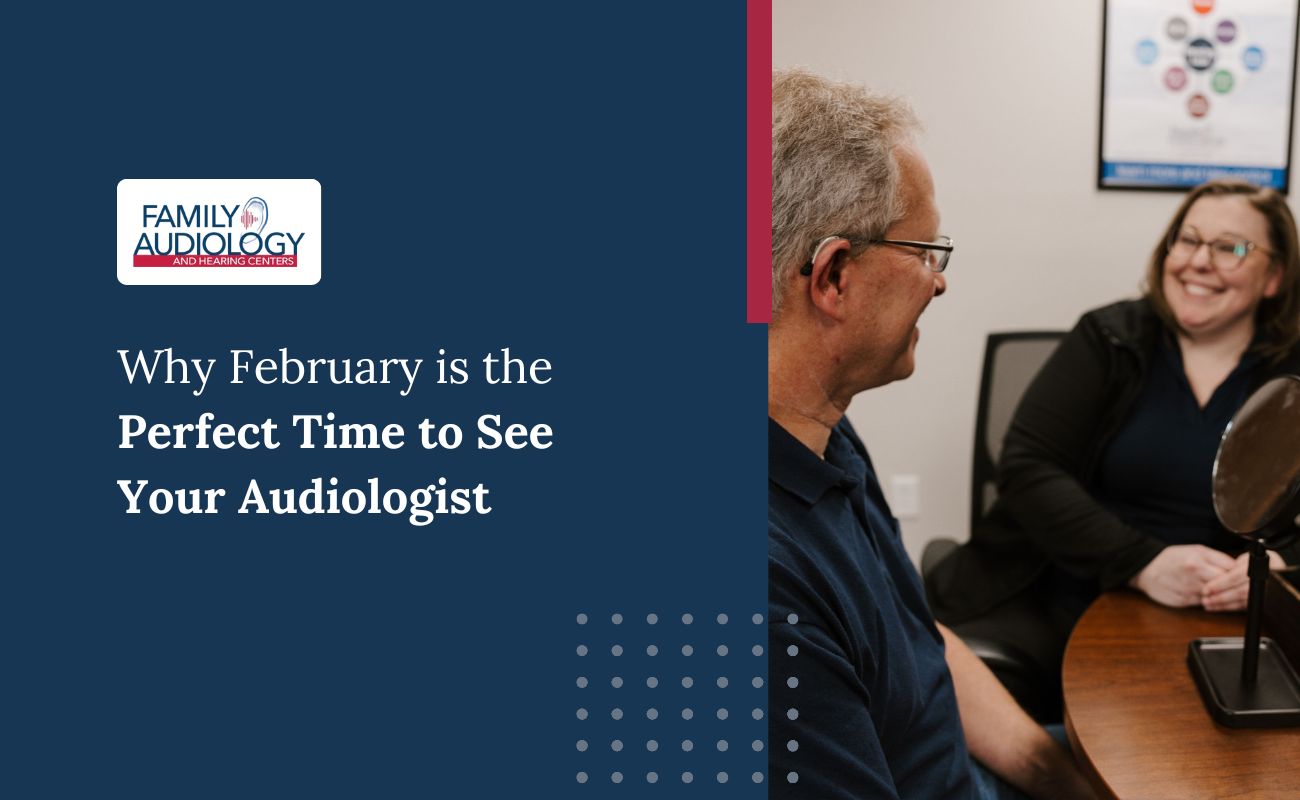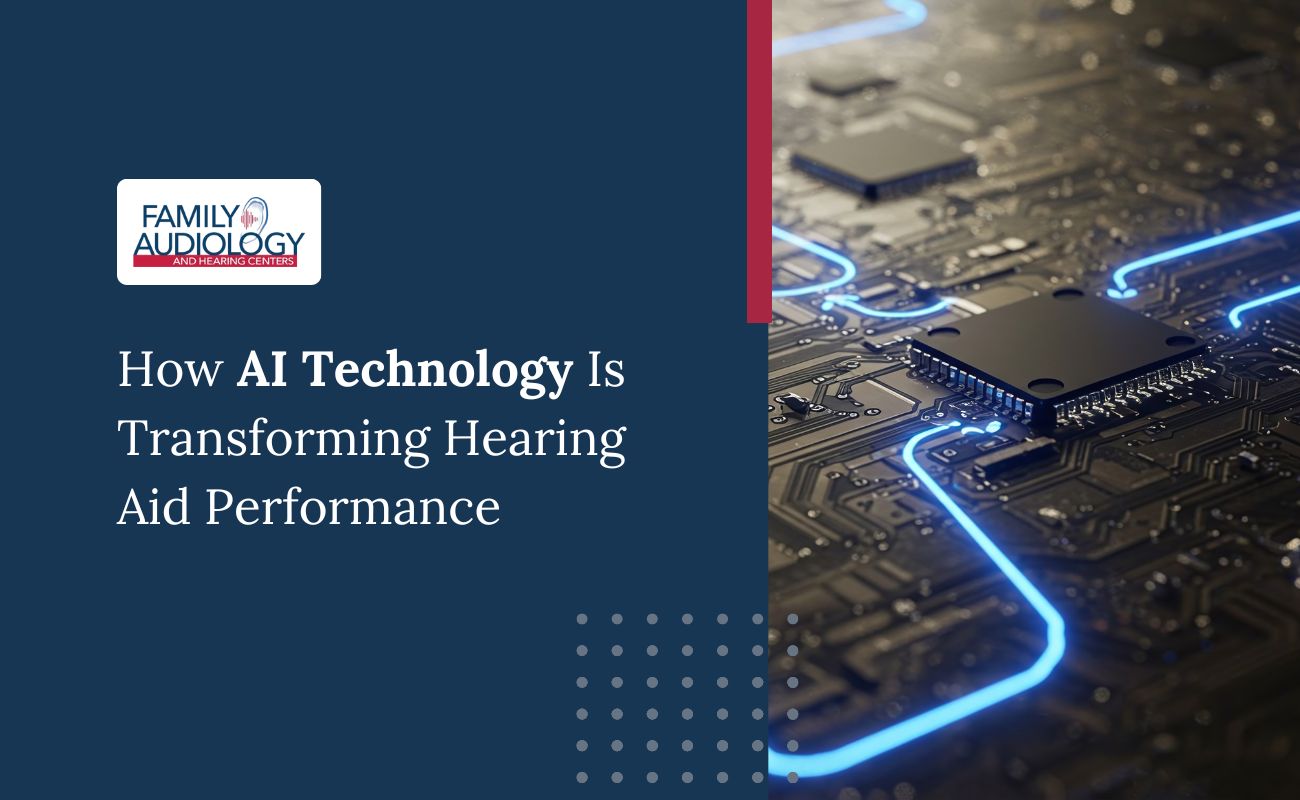Assessing Hearing Loss Risks for Musicians



Hearing health is a critical concern for musicians. Long-term exposure to high decibel levels can lead to a variety of hearing disorders, including tinnitus, hyperacusis, and even permanent hearing loss.
The music industry professionals face a paradox where their passion and profession may jeopardize their hearing. Despite this known risk, hearing protection and preventive strategies are not always a priority within the community.
The Prevalence of Hearing Loss in Musicians
Hearing loss is a significant occupational hazard for musicians. Musicians are often at risk for a range of auditory conditions, including hearing loss, tinnitus, hyperacusis, and diplacusis.
Studies and reports have illuminated this critical issue:
- National Institute for Occupational Safety and Health (NIOSH) examines the risks musicians face, and endorses strategies to mitigate damage.
- World Health Organization (WHO) highlighted in 2015 that around 1.1 billion young people are at risk due to unsafe listening practices.
- The term Music Induced Hearing Disorders (MIHD) captures the array of hearing impairments faced by those in the music industry.
Given these facts, we perceive a clear need for increased awareness and preventative measures within the music community. Hearing protection and sound level management are crucial for sustainable music careers.
We emphasize the importance of regular hearing examinations for musicians, as early detection of hearing loss or other hearing disorders increases the effectiveness of interventions.
Causes and Sources of Hearing Damage
In our examination of hearing risks among musicians, we identify key factors that lead to hearing impairment. Our focus revolves around acoustic trauma, prolonged exposure to high decibels, and the risks associated with in-ear monitor misuse.
Acoustic Trauma
Acoustic trauma occurs when a sudden, excessively loud sound overwhelms the delicate structures of the inner ear. Examples include:
- Sirens
- Firearms
- Firecrackers
Even a single exposure to sounds at peak decibel levels can cause permanent damage to our auditory system.
Long-Term Exposure
Ambient sound levels in music venues or during practice commonly exceed safe thresholds. Continuous exposure to sound levels above 70 decibels can deteriorate our hearing over time. Consider:
- Normal conversation: ~60 dB
- Motorcycle engine: ~95 dB
For musicians, the extended duration amidst such environments is a critical risk factor for developing noise-induced hearing loss.
In-Ear Monitor Misuse
In-ear monitors (IEMs) are vital tools for musicians, allowing them to hear the mix clearly while protecting from ambient noise. However, improper use or overly high volumes can lead to:
- Noise-induced hearing loss
- Tinnitus
- Hyperacusis
We advise careful management of sound levels and proper fitting to minimize the risks associated with IEMs.
Legal and Health Care Considerations
In addressing the risks of hearing loss among musicians, we must consider the framework within which they operate. This includes an understanding of the legal obligations related to noise exposure and the provision of health care that meets their unique needs.
Regulations and Standards
Numerous regulations and standards exist to protect individuals from noise-induced hearing loss. In the United States, the Occupational Safety and Health Administration (OSHA) sets legal limits on noise exposure in the workplace. These limits are based on a worker's time-weighted average over an 8-hour day, with the permissible exposure limit set at 90 decibels (dBA). Furthermore, the National Institute for Occupational Safety and Health (NIOSH) recommends a lower threshold of 85 dBA.
Musicians often face sound levels much higher than these limits, which can lead to music-induced hearing loss. Thus, the implementation of hearing conservation programs is a key legal consideration. These programs might include:
- Risk assessment: identifying hazardous noise levels within venues.
- Hearing protection: advising on the use of earplugs or earmuffs.
- Health surveillance: regular hearing check-ups for early detection of hearing loss.
Health Insurance and Care for Musicians
Access to health insurance and care is critical for musicians, given the risk of hearing loss associated with their profession. However, many musicians may not have access to traditional employer-based health insurance. As a result, we see a gap in care that can pose significant challenges.
For those in the United States, provisions under the Affordable Care Act (ACA) have aimed to improve access to health care for the self-employed and part-time workers, which includes many professional musicians. Factors that musicians need to consider when seeking health insurance include:
- Coverage: Ensure that the plan covers audiological services and hearing health.
- Access: Identify plans that provide a network of accessible and specialized healthcare providers.
Musicians must proactively seek out health care options that cater to their specific needs, such as hearing conservation and treatment services. Community organizations and non-profits often play a crucial role in providing these services and advocating for better health care coverage within this population.
Prevention and Protection Strategies
In the music industry, hearing is a prized asset. We emphasize the importance of adopting effective strategies to protect our hearing from the high sound levels we are often exposed to.
Hearing Protection Devices
We advocate for the use of earplugs and earmuffs, specifically designed for musicians. These devices maintain sound quality while reducing noise levels. Custom-molded earplugs offer the best fit and sound attenuation, while high-fidelity earplugs reduce volume without distorting the music.
Sound Level Management
Controlling sound levels is crucial in preventing hearing damage. We recommend using sound level meters to monitor volume at concerts and events. Sound engineers should aim to keep levels below the threshold that can cause hearing impairment, typically under 85 decibels for prolonged exposure.
Regular Hearing Assessments
If you are a musician, consider scheduling an annual hearing assessment with an audiologist to detect any early signs of hearing loss. These evaluations allow you to take timely actions to adjust your hearing protection strategies and prevent further damage.
Discover the Latest Articles
Stay informed with our informative articles.

Why February is the Perfect Time to See Your Audiologist
.jpg)
What Your Audiologist Checks During a Comprehensive Hearing Evaluation

How AI Technology Is Transforming Hearing Aid Performance
Contact your local Hearing Aid Specialists
At Family Audiology and Hearing Centers, we strive to be there for all your family’s hearing needs. Because of this, we have 17 convenient locations in Ohio and Wisconsin for you to visit. See which location is best for you and schedule an appointment today.


